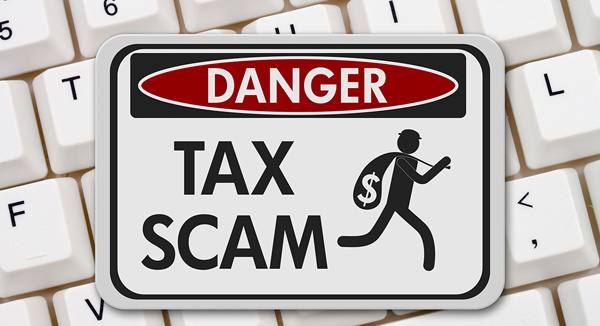With tax season completed, the Internal Revenue Service has warned taxpayers to remain vigilant for phishing emails and telephone scams. Summertime tends to be a favorite period for scammers because many taxpayers have recently filed a return and may be waiting for a response from the IRS

Peggy Beasterfeld
Telltale signs of a scam
The IRS (and its authorized private collection agencies) will never:
- Call to demand immediate payment using a specific payment method such as a prepaid debit card, gift card or wire transfer. The IRS does not use these methods for tax payments. Generally, the IRS will first mail a bill to any taxpayer who owes taxes. All tax payments should only be made payable to the U.S. Treasury and checks should never be made payable to third parties.
- Threaten to immediately bring in local police or other law-enforcement groups to have the taxpayer arrested for not paying.
- Demand that taxes be paid without giving the taxpayer the opportunity to question or appeal the amount owed.
- Ask for credit or debit card numbers over the phone.
For anyone who doesn’t owe taxes and has no reason to think they do:
- Do not give out any information. Hang up immediately.
- Contact the Treasury Inspector General for Tax Administration to report the call. Use their IRS Impersonation Scam Reporting web page.
- Report the caller ID and/or callback number to the IRS by sending it to phishing@irs.gov (Subject: IRS Phone Scam).
- Report it to the Federal Trade Commission. Use the FTC Complaint Assistant on FTC.gov. Add “IRS Telephone Scam” in the notes.
How Enrolled Agents Can Help You
 Metro Voice News Celebrating Faith, Family & Community
Metro Voice News Celebrating Faith, Family & Community 








